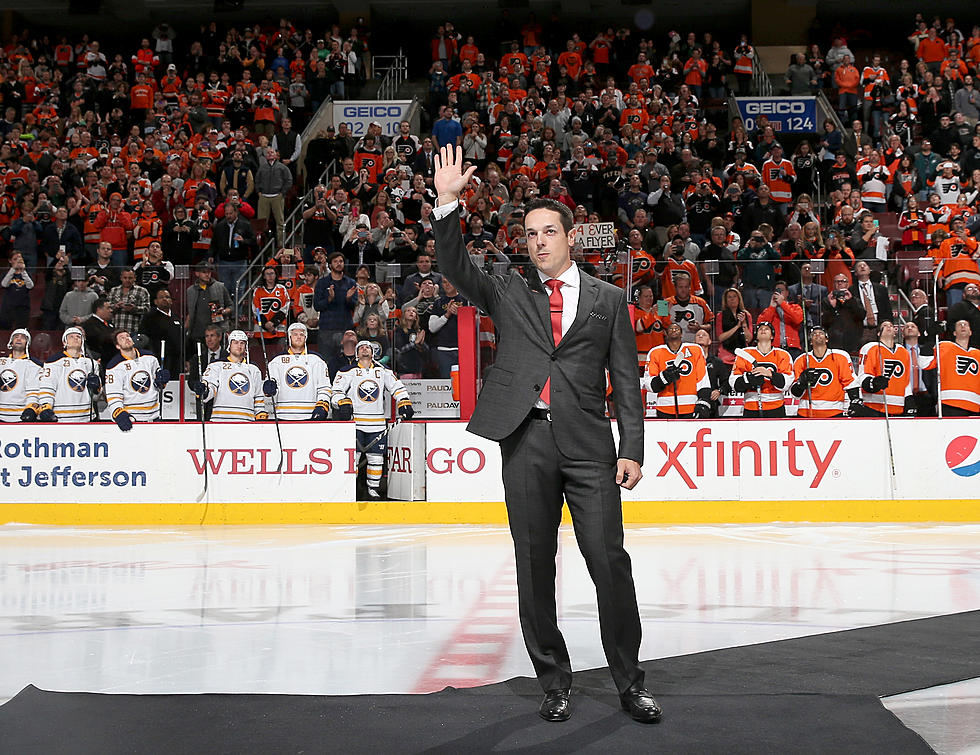
NJ Poison Control reveals disturbing suicide trend among teens
🔴 Suicide attempts among teens are on the rise, NJ Poison Control Center says
🔴 Young females often choose medication to attempt suicide
🔴 Over-the-counter medication overdoses at home are common
Suicide attempts among preteens, teens, and young adults are on the rise, according to some disturbing data from The New Jersey Poison Control Center at Rutgers New Jersey Medical School. Young females often choose medication to attempt suicide, too.
What are the statistics?
In 2022, the NJ Poison Control Center was called to assist in the medical management of more than 1,400 poisoning-related suicide attempts by preteens, teens, and young adults, Executive Medical Director, Diane Calello confirmed.
Of those cases, 933 involved 16-year-olds and younger.
In 2023, this remains a continued trend where suicide attempts through poisoning among young adults are not leveling off, but rising.
Unfortunately, such calls are a daily occurrence at the NJ Poison Center, she said. Females are more likely than males to choose poisoning as a lethal means of self-harm.
Last year, young females accounted for 80 percent of the poison center’s total youth suicide attempt cases. That means, for every five suicide attempts in 2022, four of them involved young girls.
Why are teens choosing medication for a suicide attempt?
“We know that teens often seek whatever is most available in their home. So, we see a lot of over-the-counter medication overdoses with things like Tylenol, for example, which is readily available,” Calello said.
In general, for suicide, having access to means like pills increases the risk of suicide and death by suicide, she added.
Another thing the NJ Poison Control Center sees is teens who have access to someone else’s medication in the home.
“So, while a teen may not be on a very potent cardiac drug, for example, if somebody else is, they can get access to that and take too much of that medication,” Calello said.
If a teen is on a particular medication, if they are able to access an entire bottle of that medication, they sometimes choose that pill to take too much of in an attempt to harm or kill themselves, Calello said.
What is the lesson?
As parents, aside from trying to keep in close contact with their teens, talking to them, and finding out what’s going on in their lives, keeping medications, whether it’s the teen’s prescription medication, someone else’s medication, or over-the-counter medication, out of reach, can really save time and save lives, Calello explained.
Adults should know which meds, prescription and non-prescription are in the house, the pill quantities, and how often the bottles are being refilled.
What happens when you call the NJ Poison Control Center?
Calling the Poison Helpline at 800-222-1222, after ingesting medicine is very important in order to receive the critical care that is needed. Calello said a caller is directly connected to a poison specialist, whether it be a nurse, a doctor, or a pharmacist, who will then quickly assess the situation and recommend appropriate medical care.
The specialist will then alert the hospital to the critical situation and initial recommendations on care.
What else can families do to help?
Calello said talking to teens about identifying suicidal behaviors in peers is key. If a teen seems withdrawn and not interested in the things that normally made them happy, that is a very big warning sign.
Often, young teens will express suicidal thoughts to friends through texts or social media before attempting to harm themselves. So, teaching these kids to speak up right away can be a critical life-threatening intervention.
Report a correction 👈 | 👉 Contact our newsroom
New Jersey's Most Terrifying Serial Killers
More From SoJO 104.9 FM










